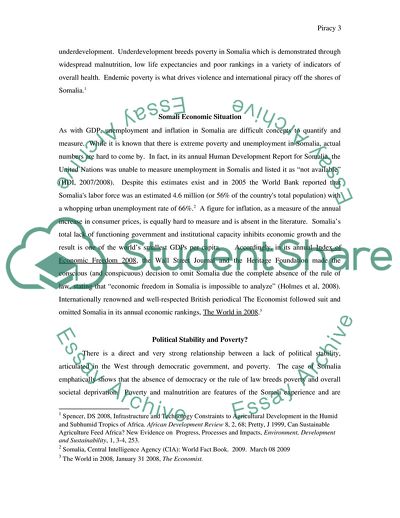Cite this document
(Piracy in Somalia Assignment Example | Topics and Well Written Essays - 3250 words, n.d.)
Piracy in Somalia Assignment Example | Topics and Well Written Essays - 3250 words. https://studentshare.org/sociology/1725249-somalis-pirates
Piracy in Somalia Assignment Example | Topics and Well Written Essays - 3250 words. https://studentshare.org/sociology/1725249-somalis-pirates
(Piracy in Somalia Assignment Example | Topics and Well Written Essays - 3250 Words)
Piracy in Somalia Assignment Example | Topics and Well Written Essays - 3250 Words. https://studentshare.org/sociology/1725249-somalis-pirates.
Piracy in Somalia Assignment Example | Topics and Well Written Essays - 3250 Words. https://studentshare.org/sociology/1725249-somalis-pirates.
“Piracy in Somalia Assignment Example | Topics and Well Written Essays - 3250 Words”. https://studentshare.org/sociology/1725249-somalis-pirates.


